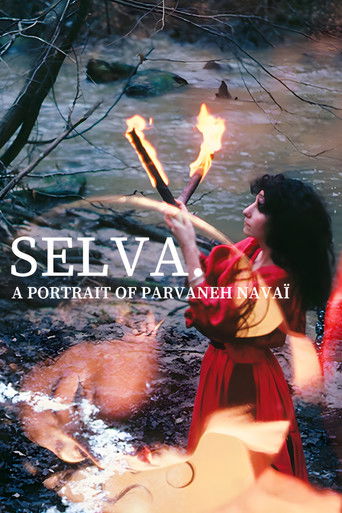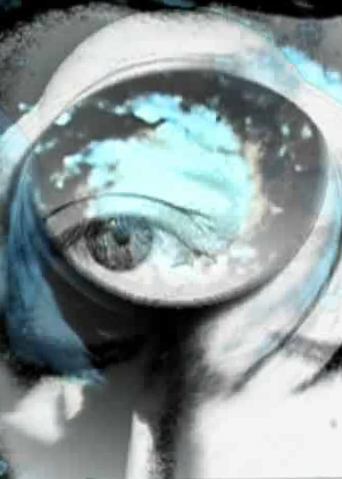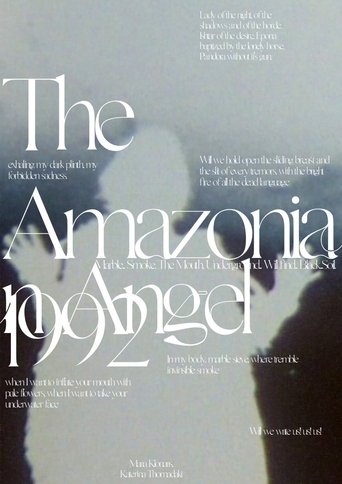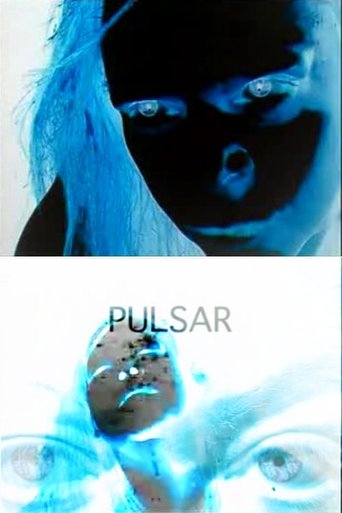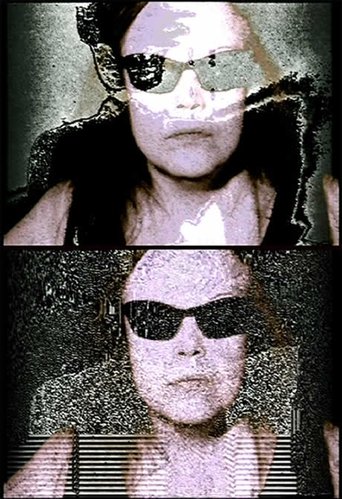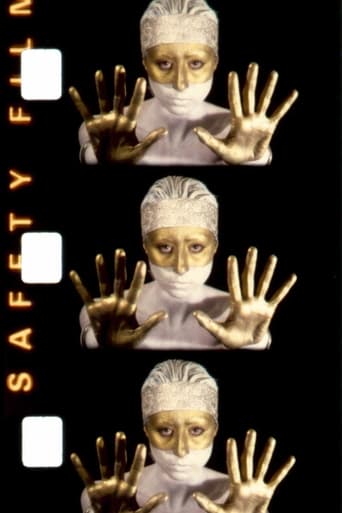Requiem for the 20th Century 1994
“Requiem pour le XXè siècle” is a manifesto against war. It is an elegy. The photograph is connected with images that are part of our collective memory: extracts from newsreels of World War II that have been reworked and transformed through various optical and electronic processes. World War II was a condensation of violence (biological and environmental destructions, racism, ethnic clearing, and persecution of people who are different…) and ongoing wars perpetuate that violence. This work is a metaphorical representation of all past, present and future wars. Constructed on the dramatic tension between the violence of wars and the presence of the intersex hermaphroditic “Angel”: Their eyes are bandaged; they are a symbol for difference, having an ambiguous position: observer, witness, victim or judge.


